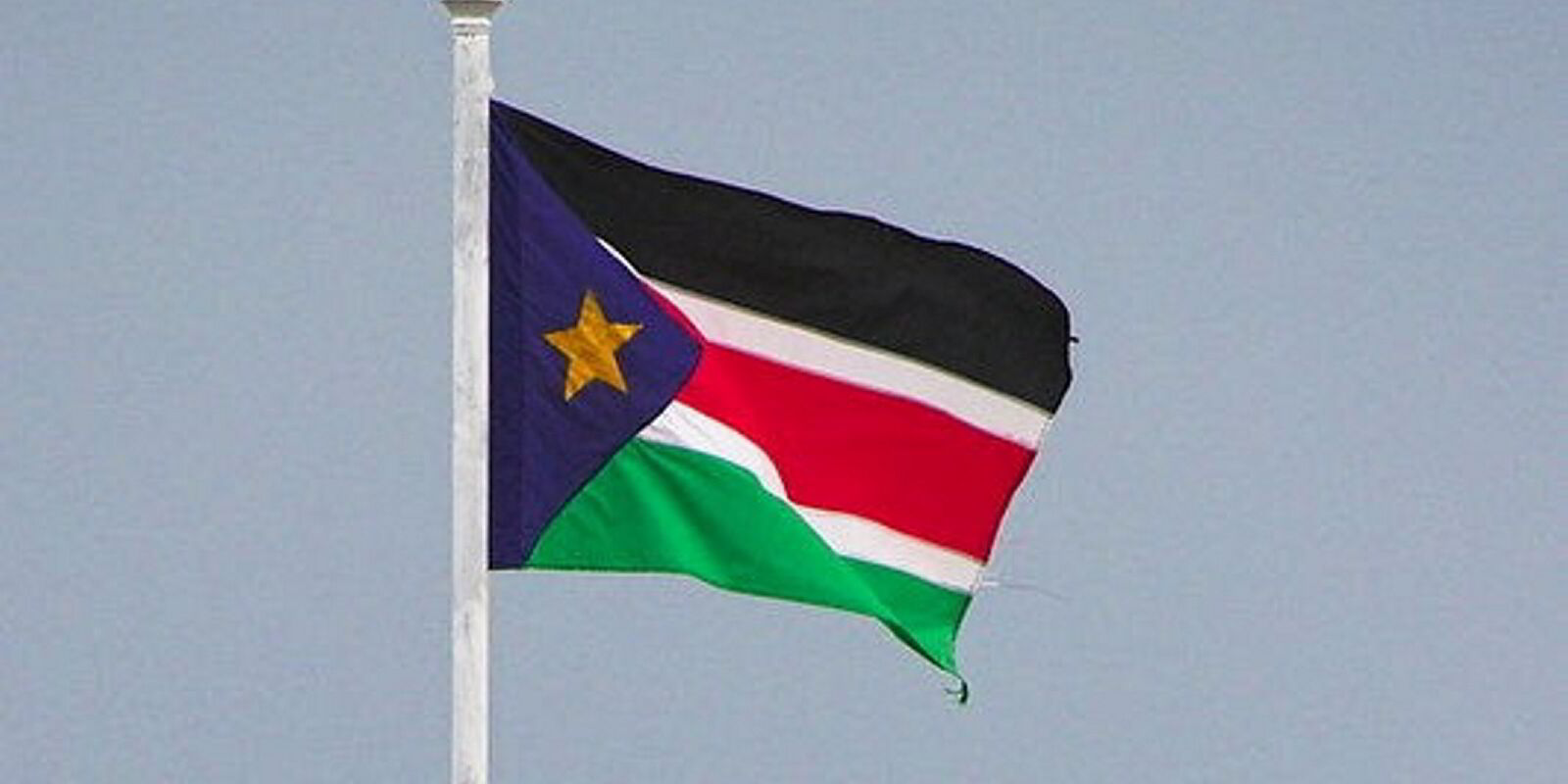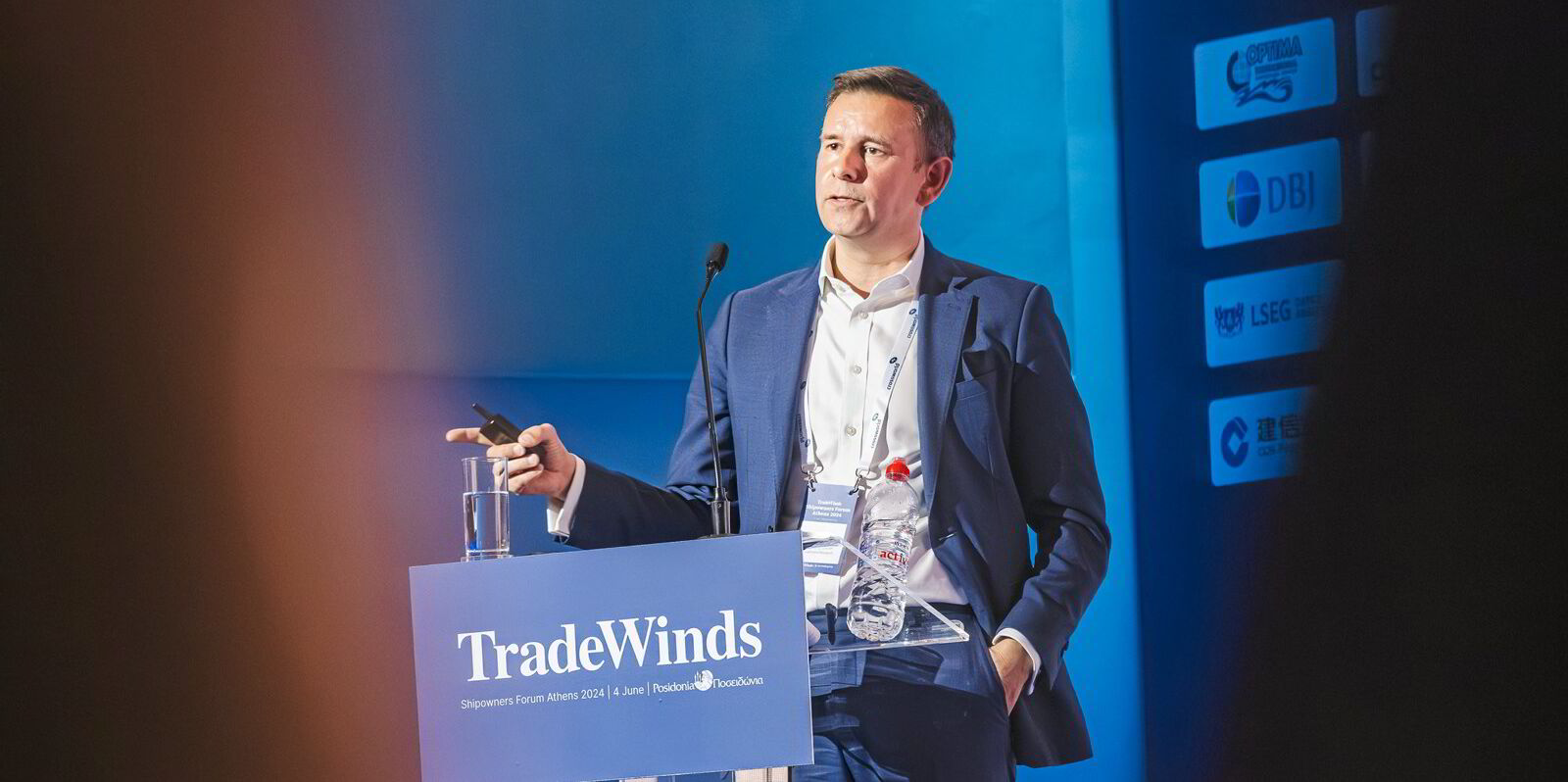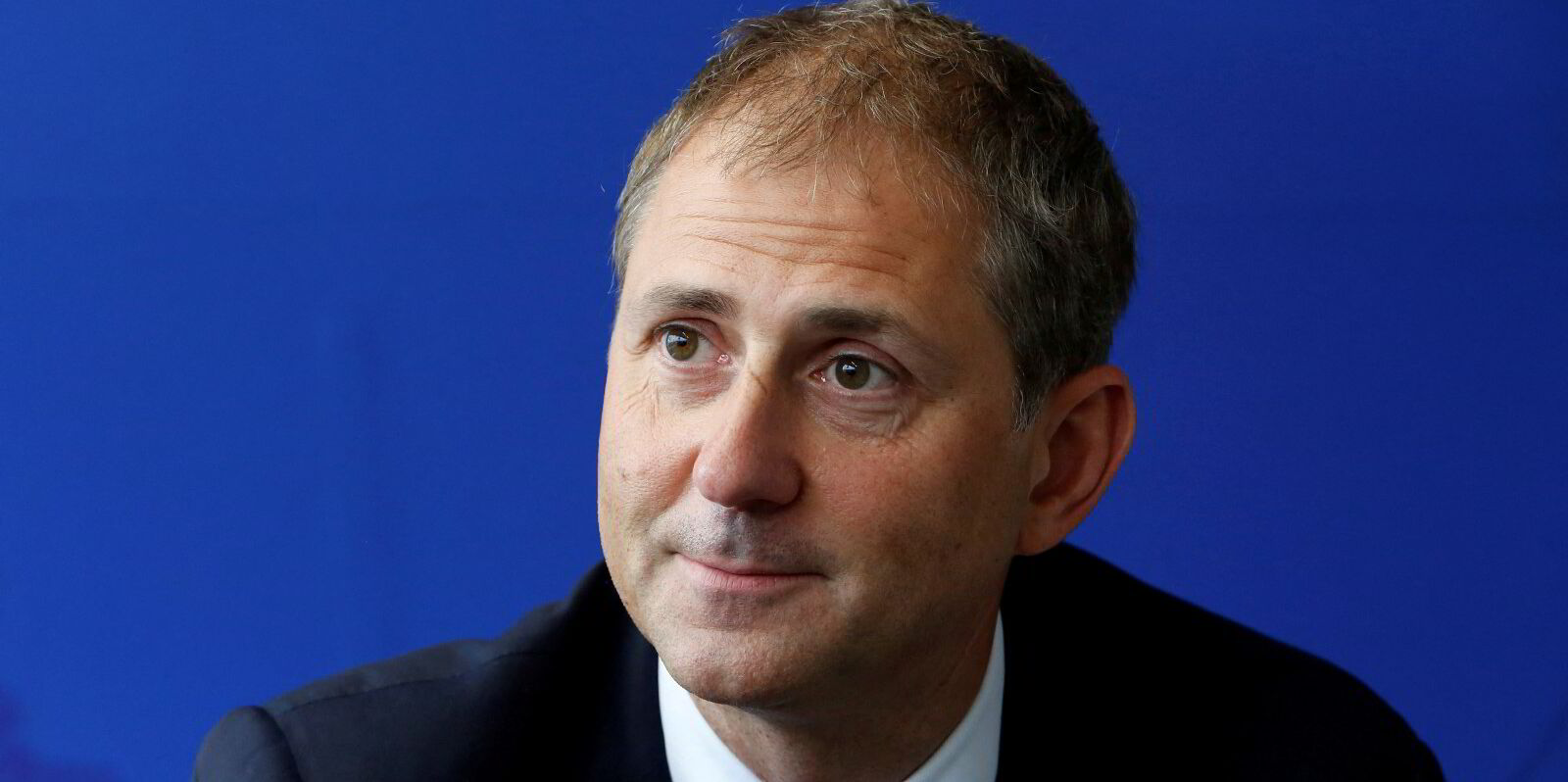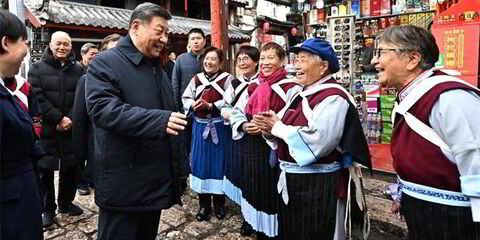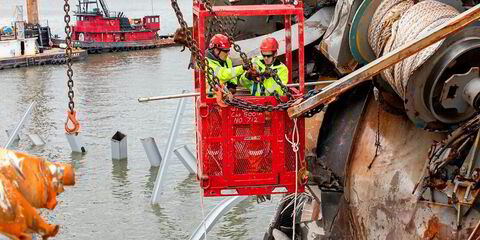Tankers willing to brave the Red Sea can expect more business as South Sudan prepares to restart shipments of its Dar crude blend.
Exports were halted in March due to pipeline problems but should restart soon, according to oil consultancy Kpler.
Tankers load the crude at the port of Bashayer in neighbouring Sudan.
Kpler said a force majeure was declared due to technical issues stemming from the civil war in Sudan.
The pipeline’s state-controlled operator, Bashair Pipeline Co, failed to supply the necessary diesel to heat the crude and prevent it from congealing inside the pipe, the company added.
Several key pumping stations along the pipeline, as well as Khartoum’s al-Jaili refinery, are under the control of the RSF rebel group.
“The ongoing conflict between the two factions has further delayed repairs, as armed groups maintain a presence near the critical infrastructure sites,” Kpler said.
Historically, a significant portion of Dar blend shipments have been sent to Malaysia’s ATB terminal, operated by VTTI — a joint venture between Vitol and IFM Investors — and to Sinopec’s Zhanjiang terminal in southern China.
Saras has been a major European buyer, using Dar blend at its Sarroch refinery in Italy, Kpler said.
The last crude export of Dar oil left Bashair on 22 March, bound for the United Arab Emirates, the company added.
Aframax cargo cancelled
Dar exports averaged about 80,000 barrels per day between 2020 and 2023.
Suezmaxes and aframaxes had previously been lifting oil.
S&P Global reported at the time that at least one cargo, comprising an aframax-sized 600,000 barrels, had been due to load but was cancelled.
Sudan also exports its Nile blend from the terminal. These shipments have not been affected.
South Sudan produces around 160,000 bpd in total, against Sudan’s 50,000 bpd.(Copyright)
